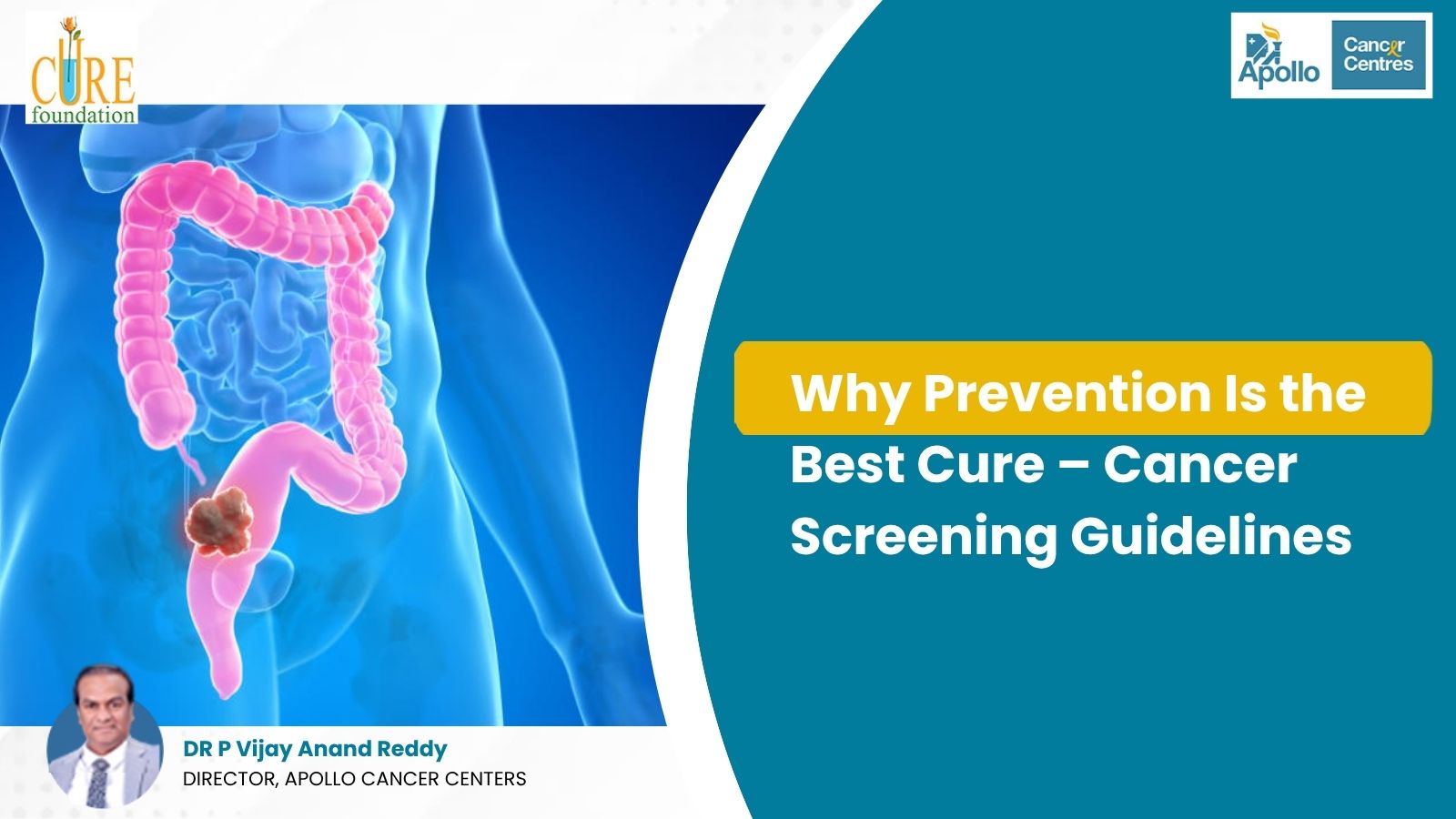Cancer remains one of the leading causes of death worldwide, but early detection through proper screening can significantly improve survival rates and treatment outcomes. The adage ” prevention is better than a cure” holds particularly true for cancer, where timely intervention can mean the difference between life and death.
In this blog, we will explore the importance of cancer screening, the recommended guidelines for early detection, and how adhering to these protocols can save lives.
The Importance of Early Cancer Detection
Cancer often develops silently, with symptoms appearing only in advanced stages. By the time noticeable signs emerge, the disease may have already spread, making treatment more challenging. Screening tests are designed to detect cancer before symptoms appear, allowing for:
- Higher survival rates: Early-stage cancers are more treatable.
- Less aggressive treatments: Smaller tumours may require surgery or localised therapy rather than chemotherapy or radiation.
- Lower healthcare costs: Treating advanced cancer is far more expensive than managing early-stage disease.
Key Cancer-Screening Guidelines
Different cancers require different screening approaches. Below are the most widely recommended screening guidelines for common cancers:
1. Breast Cancer
Who should screen? Women aged 40 and above.
Recommended tests:
- Mammogram – Annually or biennially, depending on risk factors.
- Clinical breast exam – Regular checks by a healthcare provider.
- MRI or ultrasound – For high-risk individuals (e.g., family history, BRCA gene mutations).
2. Cervical Cancer
Who should screen? Women aged 21-65.
Recommended tests:
- Pap smear (cytology test) – Every 3 years for women 21-29.
- HPV test + Pap smear – Every 5 years for women 30-65.
- Vaccination – HPV vaccine (Gardasil) for adolescents to prevent cervical cancer.
3. Colorectal Cancer
Who should screen? Adults aged 45-75.
Recommended tests:
- Colonoscopy – Every 10 years (gold standard).
- FIT (Fecal Immunochemical Test) – Annually.
- Stool DNA test (Cologuard)** – Every 3 years.
4. Lung Cancer
Who should screen? Current or former heavy smokers aged 50-80.
Recommended test:
- Low-dose CT scan (LDCT) – Annually for high-risk individuals.
5. Prostate Cancer
Who should screen? Men aged 50+ (earlier for high-risk groups).
Recommended tests:
- PSA (Prostate-Specific Antigen) blood test – Discuss with a doctor.
- Digital rectal exam (DRE) – Optional, based on risk factors.
6. Skin Cancer (Melanoma)
Who should screen? Individuals with a family history or excessive sun exposure.
Recommended test:
- Full-body skin exam – Annual check by a dermatologist.
Barriers to Cancer Screening
Despite the benefits, many people avoid screenings due to:
- Fear of diagnosis: Anxiety about finding cancer.
- Lack of awareness: Not knowing which tests are needed.
- Cost and accessibility: Limited healthcare access in rural areas.
To overcome these barriers, public health campaigns, affordable screening programs, and physician recommendations are crucial.
Conclusion: Prevention Saves Lives
Cancer screening is a powerful tool in the fight against cancer. By following evidence-based guidelines, individuals can detect cancer early, when treatment is most effective. Regular check-ups, a healthy lifestyle, and awareness of risk factors are key to prevention.
As Dr. Vijay Anand Reddy, a renowned oncologist and Director of Apollo Cancer Institutes, often emphasises, “Early detection is not just an option—it’s a necessity.” His work in cancer care and advocacy highlights the importance of screening in saving lives. Let’s prioritise prevention and make cancer screening a routine part of our healthcare.
Stay informed. Get screened. Save lives. Book an appointment on +919676720002

